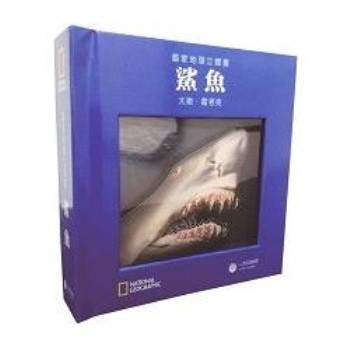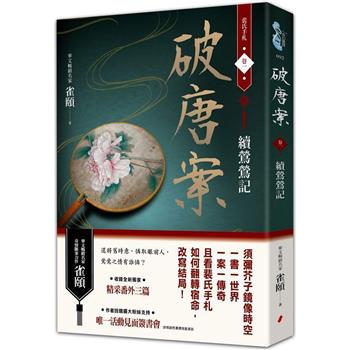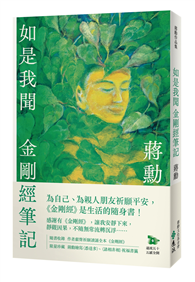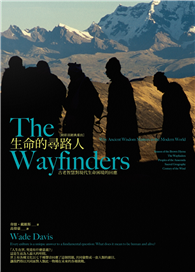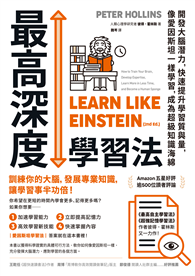The book is targeted at professional scholars as well as language students who plan their own research in the fuzzy field of applied linguistics, while working on their degree papers, or doing an any academic work related to language study. The uniqueness of the volume consists in its methodological character which is made operational and thus the book may function as a methodological manual. The academically fashionable and catchy word ’interdisciplinarity’ is frequently made void in the research perspective. Comprehended as a mark of academic liberalism, standing for anything goes, it is questioned by orthodox minds adhering to the compartmentalization of scientific disciplines. This volume tries to bridge the gap in at least three ways. It offers theoretical justification for crossing disciplinary borders in methodological terms, presents an application of adopted methods or techniques from a different discipline and finally considers research benefits resulting from such an approach. These three elements, around which each chapter is organized, account for the integrationist aspect of interdisciplinarity. The volume includes seven chapters dedicated to a selected methodology incorporating an empirical avenue coming from outside of the linguistic domain, yet it is applied to linguistic issues which are interdisciplinary in their character. They either occupy a contested space between disciplines, or need an interdisciplinary insight, which ultimately imparts a more comprehensive understanding.


